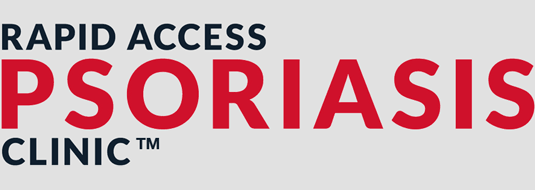- Psoriasis affects 2-3% of the general population. This equates to over 125 million people worldwide and an estimated 1 million Canadians.
- Up to 33% of people with psoriasis report having an affected family member.
- Psoriasis can affect people at any stage of life, but the majority experience onset between 15 and 35 years of age.
- Psoriasis is not contagious and cannot be transmitted from one person to another in any way.
- Certain drugs and infections as well as emotional stress, cigarette smoking, and heavy alcohol consumption are known triggers of psoriasis.
- Several different subtypes of psoriasis exist. Chronic plaque is the most common, representing up to 90% of cases. Other less frequent forms include guttate, pustular, erythrodermic, and inverse.
- Chronic plaque psoriasis is normally classified as mild, moderate, or severe according to: (1) amount of body surface area involved; (2) degree of redness, thickness, and scaling; and (3) impact on quality of life.
- Approximately 35% of people with chronic plaque psoriasis have moderate or severe disease.
- Psoriasis has been linked to other health conditions that can affect the bones, brain, eyes, heart, intestine, joints, kidneys, liver, and pancreas.
- There is no cure for psoriasis at this time, but a number of safe and effective treatment options are available.




/psocialnews
@psocialnews